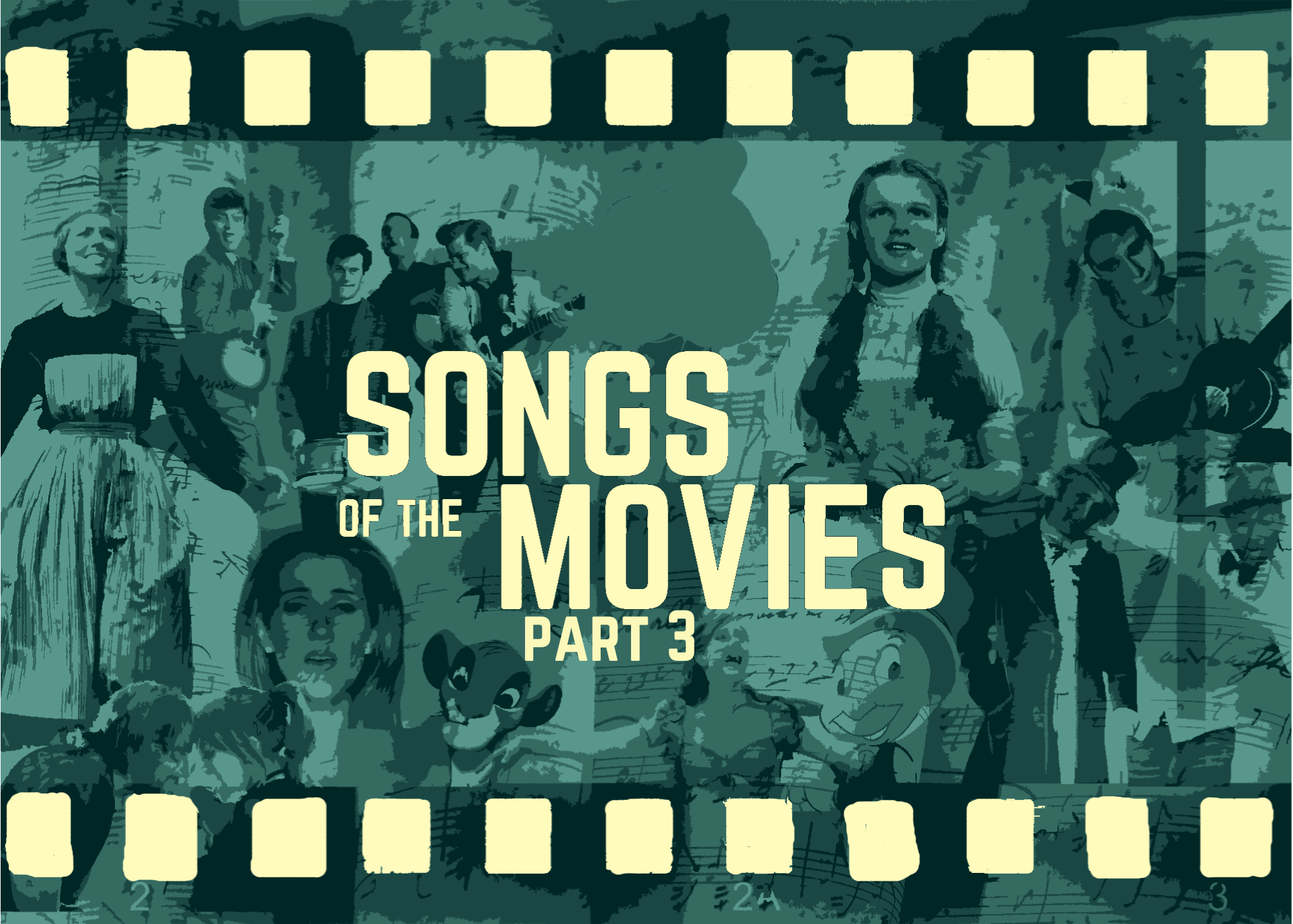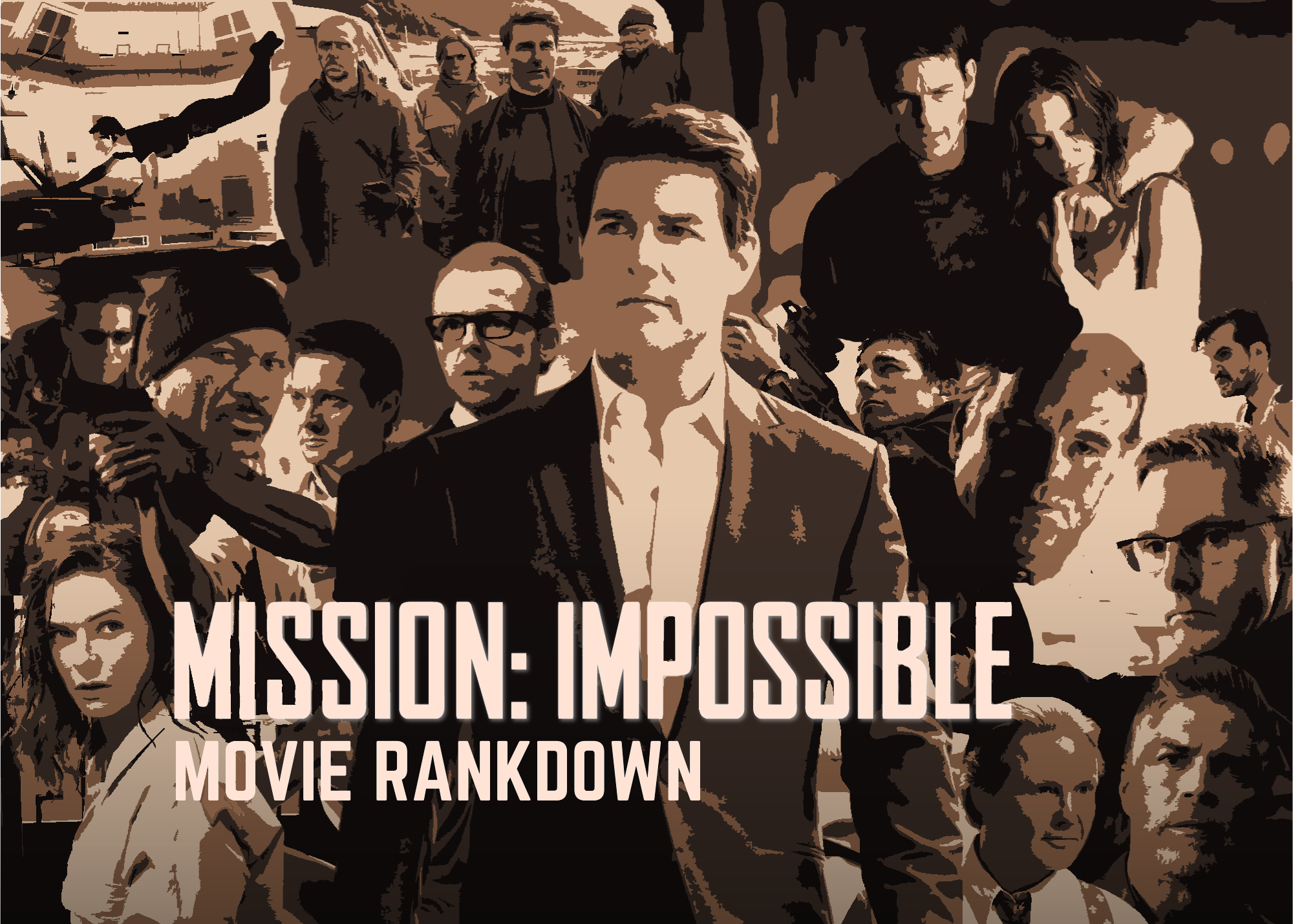Review: "Everything Everywhere All At Once" Is Too True To Its Title
The Daniels feast on the multiverse. Sadly, their pants are too small.
ModernFew cinematic concoctions intrigue us like the multiverse. It is catnip for those seeking deeper exploration of fantastical stories and an easy means for studios to retcon their universes when things go awry. Everything is possible, and so artists seek it out to tell their stories in whatever outlandish ways they can conceive, allowing the entirety of their vision to pour out onto the screen. As a less conventional studio, A24 affords its creators the right to jockey with the formula as they please; the question, as it will always be, is simple: does that guarantee a great movie?
Everything Everywhere All At Once follows Evelyn Wang, a laundromat owner passing middle age. She is frequently perturbed by the childishness of her husband, Waymond, and disheartened by the "unconventionality" of her daughter, Joy. She feels her life has passed her by, and every day is another step in an undesirable journey. When an alternate version of Waymond arrives and tells her she alone can defeat the multiverse-destroying villain Jobu Tupaki, Evelyn must undertake a journey of self-discovery to save the multiverse.
We commend the film for the attention to detail that sees everything circle back around, from the resolution of a hatred for googly eyes to using bread products for existential concepts. We admire it for earning its ludicrousness. A villain can walk a swine into a hallway dressed like Elvis because the film is self-deprecating enough to comment on the insanity. No one is patting themselves on the back for the zany light bulbs that went off in their heads, only looking to sprinkle something new into a tried and true formula.
Multiversal storytelling is the ultimate copout. It takes virtually no creativity to toss out the existence of other realities and bank on the concept to see you through. It affords numerous fallbacks, like seeing two versions of the same person interact, equipped with wink-at-the-camera humor to distract an audience from realizing the science fiction lacks originality.
However, its most damaging quality is the inherent limitations film imposes. Infinite realities become less enticing when only a few can get explored. A film can only last so long, and no amount of time can do justice to the multiverse.
Everything Everywhere All At Once thus sets itself up to succeed or fail solely on how well it handles its subject matter from the core to every extension of itself. In its first half, it succeeds. It is a comedy of culture, family, and taxes, all familiar things that can intertwine to kickstart a story irrespective of its more fantastical elements. Evelyn tries to get away with tax fraud during a meeting with a diligent IRS agent. The idealism of youth has long escaped her, as we see in flashbacks during her traversing the multiverse. Her marriage was born from the affection her husband bears and her father's disinterest but exists solely by her indirectness. It is clear why she finds herself in her predicament, one so familiar to us: locked in a job we despise, married to someone we do not love, detached from a child we do not understand, and grappling with morality with such disconnect that we forget we are living at all.
The resulting struggle thus feels tangible as she labors to convey genuine emotion to save herself or faces what life could have been if she’d made different choices. The lack of accountability never escapes us, even if it does not color Evelyn’s perspective. In that way, she feels like us; the film asks us to be self-critical through her. It is a favor many films ask, but one that very few earn. Everything Everywhere All At Once earns it, but the answers to which we arrive solely on its merit feel weightless.
We must make the best of what we have; there is no turning back time to mend fences or pursue the dreams we let die. We cannot be something we are not; we can only find within ourselves the resolve to be all that we are capable of being. The movie thrives on these easy conclusions but struggles once forced to dive deeper. It is overflowing with humor and a refusal to take itself too seriously; within that is the movie it should have been. All of the oddities that would ordinarily seem shallow, pretentious, or crass have a legitimate home here, from the anal stimulation necessary for greatness to the world’s most beloved bagel being the end-all-be-all of existence. It handles itself lightly, the characters always taking things seriously enough to feel genuine, making their quirks, like the on-the-nose nature of the IRS’ Auditor of the Year award, earned.
It displays what non-conforming studios can offer, but frustration at what happens when artists deviate merely for nonconformity's sake. A24 is about deviation. No creator should get wholly bound by anything, so Daniels had free reign to do as they pleased. Unfortunately, any seasoned filmgoer could tell you that artists should not always do precisely as they please.
Many movies suffer from too many ideas. A film only goes on so long and thus can only accomplish so much, but Everything Everywhere All At Once wants to bite off more than it can chew in 140 minutes. As it also never swallows, it chokes on its ambition. It defies multiversal convention by showing more than just one or two realities but does not prioritize well enough to quicken the pace and allow for deeper storytelling. The hilarity of a Pixar sendup can hit consistently, while the biological abnormality that defines another world hits only once. Characters can become inanimate one moment before getting thrust back into the glitz and glam of another life, and on paper, it can seem engaging. Alas, if too many realities get introduced, the film must resolve too many to feel complete.
Everything Everywhere All At Once never feels like it does all it wants to, no matter how much it distracts us with climactic slow-motion battles or the sap of learning a different way to approach familiar conflicts. It does not choose a primary, secondary, or tertiary world. It simply fleshes one out more than the others and zigs and zags between the rest whenever it pleases. The result is a feeling of aimlessness; the dramatic weight intended in an alleyway confrontation rings hollow because the film says each universe experiences slight deviations, more and more the further you branch out. The conversations and experiences we see are not exclusive to the Evelyn we first meet, but the film wants (and needs) it to be otherwise. As a result, the woman herself winds up a concept in a movie that started wanting her to be much more.
The sentiments she carries regarding her daughter’s sexuality come from a place whose existence we must infer; it could be a personal discomfort with homosexuality, an adherence to Chinese traditionalism, a fear of her father's judgment, or some combination of the three. Her body language around Joy’s girlfriend, Becky, is strained; the explanation she grants regarding her father’s inevitable disapproval hints at one reason more than the other. The nuances of her dying marriage, the deep-seated sadness inspired by her relationship with her father, her feelings about her life’s course and the potential she wasted, and how everything clashes as she interacts with her daughter are absent. The film cannot firmly establish her position and its cause because it wants to spend time throwing the kitchen sink, hoping that if they make Evelyn a walking generality, something about her will resonate. The result is a film that shows off everything in its creators’ tool belt but displays little awareness of how best to use those tools.
All the quirks that made us feel drawn to its idiosyncrasy lack the balance to allow its emotional notes to hit. The humor dries out, and thus the film cannot ping-pong between comedy and drama well enough to retain its individuality while making a genuine emotional impact. Its prior supplemental use of the multiverse turns into a dependency because the film knows it cannot introduce so many things and not resolve any of them. It forces the climactic battle to drag on significantly longer than necessary, yet without totally eating each slice of the multiverse pie.
It wants us to believe that beginning anew means finding a new way of traveling; in a kingdom of bitterness and pain, the googly-eyed woman is queen. Kindness must rule the roost, unless the film neglected to develop you, in which case you must get destroyed in a martial arts battle. We are supposed to embrace the idea that who we are and what that person makes us capable of being does not have to adhere to typicality. A wife who can look beyond what appears to be and deeper into what truly is will see her husband’s value; a daughter who can accept the irrelevance of her father’s misgivings will support her child. A mother who stops seeing her daughter as a reflection of her failures will see her as one of her successes. Sadly, while the movie gets these points across by telling us it's getting them across, no film that needs to tell so much has done its job.
The film flashes the benefits of genuine creativity and solidifies the need for willingness to push boundaries or defy conventions. Unfortunately, it also displays the need for those imbued with that creativity and will to employ restraint. Any film can vomit a visual parade and stockpile its thematics with an endless stream of ideas; without the vision to tie everything together and afford a select few chosen elements their weight, a single movie cannot rise above a thing that exists. Its existence may be captivating in many ways yet offer the promise of greatness it never wholly fulfills. It dazzles, thrills, and tickles but shows the folly of trying to be everything, everywhere, all at once.
.png)
60
Director - Daniel Scheinert, Dan Kwan
Studio - A24
Runtime - 139 minutes
Release Date - March 25, 2022
Cast:
Michelle Yeoh - Evelyn Wang
Ke Huy Quan - Waymond Wang
Stephanie Hsu - Joy Wang/Jobu Tupaki
James Hong - Gong Gong
Jamie Lee Curtis - Deirdre Beaubeirdra
Editor - Paul Rogers
Cinematography - Larkin Seiple
Screenplay - Daniel Scheinert, Dan Kwan
Score - Son Lux

%20(13%20x%206%20in)%20(13%20x%204%20in).png)





































.png)






.png)